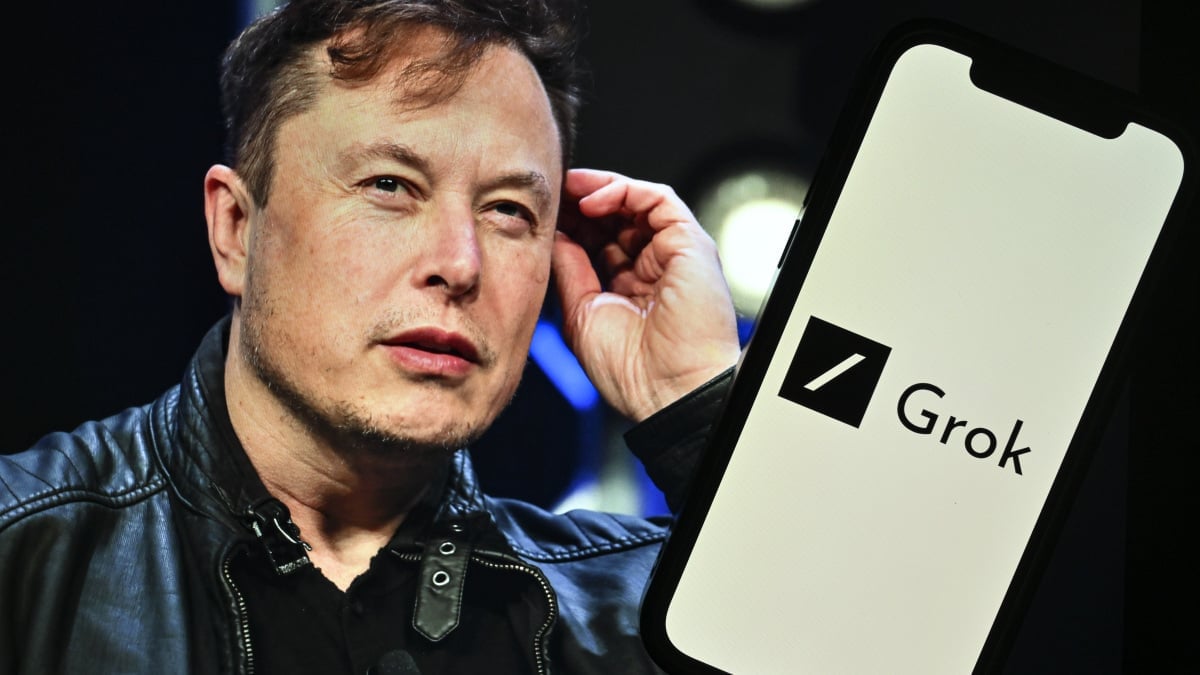A shocking story was promoted on the “front page” or main feed of Elon Musk’s X on Thursday:
“Iran Strikes Tel Aviv with Heavy Missiles,” read the headline.
This would certainly be a worrying world news development. Earlier that week, Israel had conducted an airstrike on Iran’s embassy in Syria, killing two generals as well as other officers. Retaliation from Iran seemed like a plausible occurrence.
But, there was one major problem: Iran did not attack Israel. The headline was fake.
Even more concerning, the fake headline was apparently generated by X’s own official AI chatbot, Grok, and then promoted by X’s trending news product, Explore, on the very first day of an updated version of the feature.



I wonder how legislation is going to evolve to handle AI. Brazilian law would punish a newspaper or social media platform claiming that Iran just attacked Israel - this is dangerous information that could affect somebody’s life.
If it were up to me, if your AI hallucinated some dangerous information and provided it to users, you’re personally responsible. I bet if such a law existed in less than a month all those AI developers would very quickly abandon the “oh no you see it’s impossible to completely avoid hallucinations for you see the math is just too complex tee hee” and would actually fix this.
Nah, this problem is actually too hard to solve with LLMs. They don’t have any structure or understanding of what they’re saying so there’s no way to write better guardrails… Unless you build some other system that tries to make sense of what the LLM says, but that approaches the difficulty of just building an intelligent agent in the first place.
So no, if this law came into effect, people would just stop using AI. It’s too cavalier. And imo, they probably should stop for cases like this unless it has direct human oversight of everything coming out of it. Which also, probably just wouldn’t happen.
Then you and I agree. If AI can be advertised as a source of information but at the same time can’t provide safeguarded information, then there should not be commercial AI. Build tools to help video editing, remove backgrounds from photos, go nuts, but do not position yourself as a source of information.
Though if fixing AI is at all possible, even if we predict it will only happen after decades of technology improvements, it for sure won’t happen if we are complacent and do not add such legislative restrictions.
I actually think an attempt at such an agent would have to include the junk generator. And some logical structure with weights and feedbacks it would form on top of that junk would be something easier for me to call “AI”.
I actually have been thinking about this some, and all those “jobs” that people are losing to AI? Will probably end up being jobs that add a human component back into AI for the firms that have doubled down on it. Human oversight is going to be necessary and these companies don’t want to admit that. Even for things that the LLM’s are actually reasonably good at. So either companies will not adopt AI and keep their human workers, or they’ll dump them for AI LLM’S, quickly realize they need people in specialities to comb through AI responses, and either hire them back for that, or hire them back for the job they wanted to supplant them with LLM’S for.
Because reliability and cost are the only things that are going to make one LLM more preferable to another now that the Internet has basically been scraped for useful training data.
This is algorithms all over again but on a much larger scale. We can’t even keep up with mistakes made by algorithms (see copyright strikes and appeals on YouTube or similar). Humans are supposed to review them. They don’t have enough humans to do that job.
The legislation should work like it would before. It’s not something new, like filesharing in the Internet was.
Which means - punishment.
But laws don’t punish ownership. Ownership is sacred.
The legislation doesn’t work because part of the problem is what “products” these LLM’s are being attached to. We already had this argument in the early and mid oughts in the US. And nothing was done really about the misinformation proliferated on places like Twitter and Facebook specifically because of what they are. Social media sites are protected by section 230 in the US and are not considered news aggregators. That’s the problem.
People can’t seem to agree on whether or not they should be. I think if the platform (not the users) is pushing something as a legitimate news source it shouldn’t be protected by 230 for the purposes of news aggregation. But I don’t know that our laws are even attempting to keep up with new tech like LLM’S.
NY’s for a chatbot that was actively giving out information that was pseudo legal advice. Suggesting that Businesses should do illegal things. They aren’t even taking it down. They aren’t being forced to take it down.
Another of Musk cutting corners to the max and endangering lives but why should he care? He is in control and that is the only thing that matters to him, even if he loses billions of dollars.